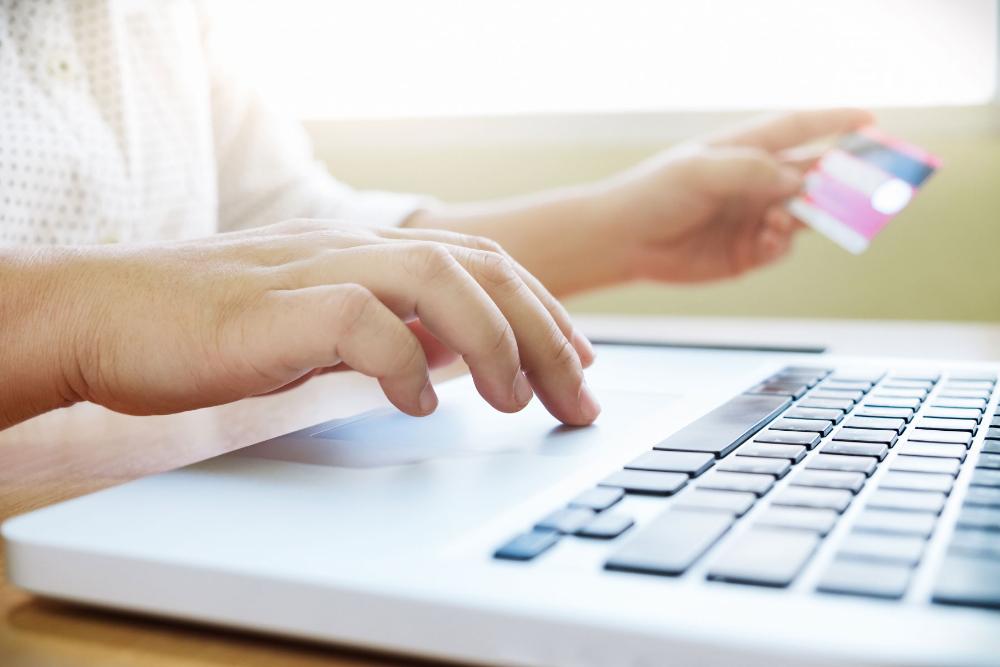Breadcrumb
Navigation Menu
Online shoppers' checklist
Checklist for online shopping
Tips for staying safe when buying from individuals online:
- Always seal the deal face to face if you can.
- Ask to see a receipt or other evidence if you are buying something valuable, such as a bicycle.
- Do not pay the seller if anything seems amiss.
- If the price is suspiciously low or the seller appears to be in a hurry, you could be dealing with a scam.
- Remember that consumer protection laws do not apply to contracts between two individuals.
- Inspect the goods carefully before buying.
Protecting yourself in companies’ online stores:
- Don’t place an order without reading delivery terms or understanding them.
- Find out the company’s basic information. Can you find any? Who am I making a contract with and how do I contact the company? You should at least be able to find out the company’s name, postal address, phone number and email address. Don’t deal with just a PO box or internet address. Make sure that the company also gives out their street and email addresses. Always use caution when a company doesn’t give their contact information without being asked.
- Find out carefully what the product contains and what it costs. How is the payment made and under what terms?
- Find out what the delivery terms are and whether they contain limitations or surprise terms related to the product.
- How will the goods/services be delivered and according to what schedule?
- Is this a one-time purchase or will you commit to a permanent subscription?
- How can one cancel the subscription or close the service?
- If you have doubts about the reliability of the company or private seller/buyer, search internet discussion forums, for example, for experiences about the company. Note that fraudsters can give false information also via this route.
- If a company only offers down payment by bank transfer as a payment option, your risk is at its greatest when the product is not delivered or the company cannot be contacted.
- If you pay with a credit card, you can always claim for compensation from the creditor in addition to the seller in problematic situations.
- Don’t give out your bank account or credit card information if you’re not sure about the recipient’s reliability and payment security.
- Pay attention to securing the payment transaction. A secure payment environment is indicated, for example, by a closed lock or an intact key at the bottom of the browser page, or a letter s after an internet address’s http:// prefix (https://).
- Check what the company says about using personal information and direct marketing and think about what information you want to give about yourself. In general, you should only give the information that is required for the purchase in question online.
- Print and keep your order and order confirmation as well as sale terms. This way you have documents about what has been agreed. Web pages are easy to change, after all.

